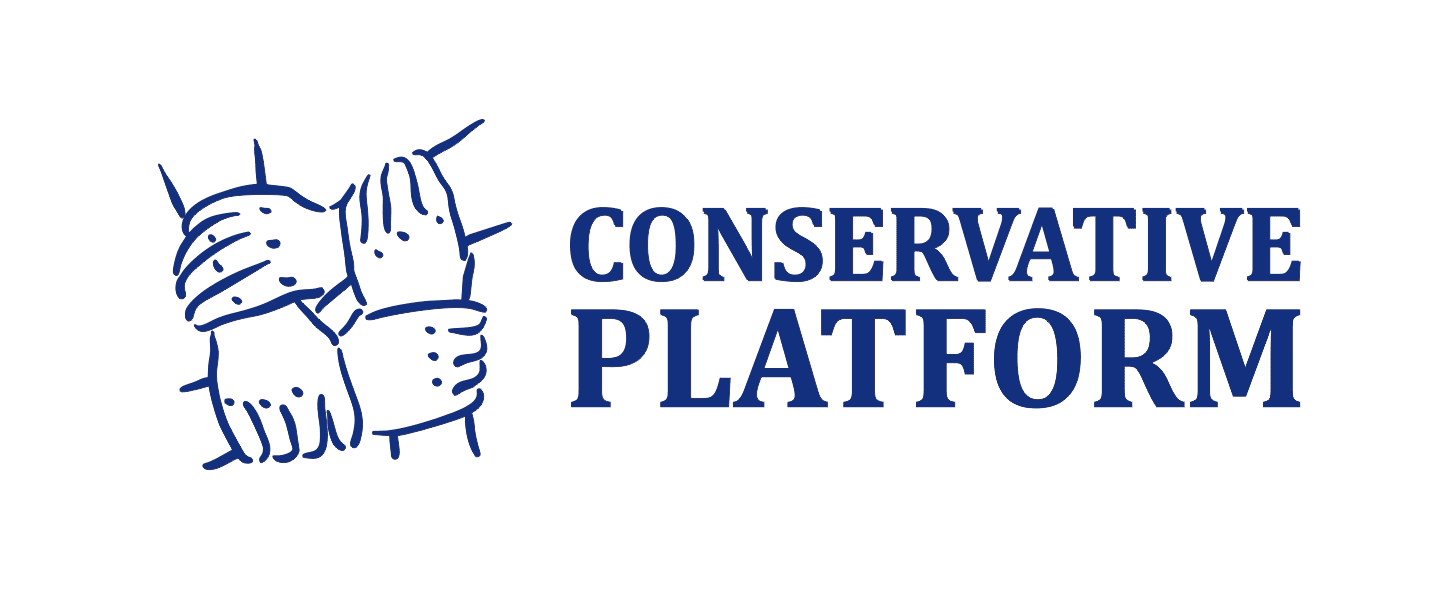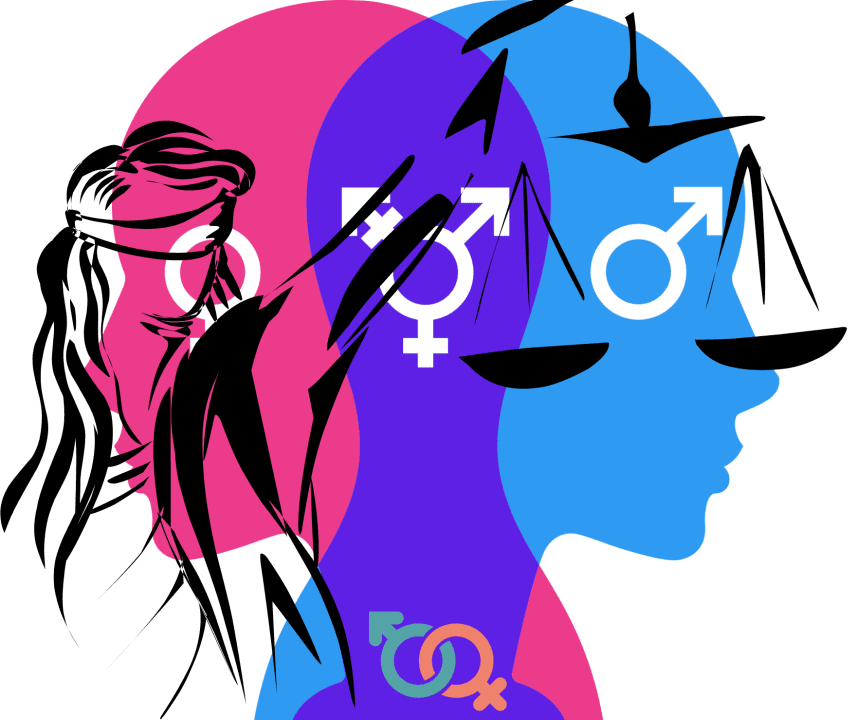Trump’s victory has led some Western companies to refuse to appoint people based on race or gender and to return to democratic criteria of professionalism.
After Donald Trump’s victory, a number of large Western corporations, such as McDonald’s, Meta, Axios, etc., announced their rejection of leftist censorship or gender equality programs and stopped considering candidates for employment under affirmative action protocols, i.e., giving preference based on gender, race, or other aspects of personality.
In particular, the influential Axios media outlet refuses to use criteria for ethnic or gender minorities in its management decision-making processes. Now everything will be based solely on professional qualities.
This was, by the way, the way the law, the Constitution, and the democratic norms gained in such a difficult century-long struggle envisaged. And then the apologists for equality, who actually fought to establish INEQUALITY, shouting everywhere about their own understanding of “equality,” gradually attacked common sense and silenced the majority, establishing frankly absurd ideas and values.
The absurdist values that actually promoted inequality and racial and sexual discrimination, that buried freedom of speech, democracy and constitutional norms, have indeed gone too far beyond the current legislation in many countries.
Any state or civilization is strong when professionals are in place. Soviet communism rotted and collapsed, among other things, because of the dictatorship’s inherent conservation (in the bad sense of the word) of personnel. Loyal, mediocre, but ideologically loyal to the party and the local nomenclature, rather than the best, were appointed to positions. There was no healthy competition in the areas where the most important decisions were made in the USSR. And in the era of “Stagnation,” when the country was ruled by gerontocrats, the personnel crisis was already leading the country to collapse.
In contrast to the communists, the democratic countries of the West were dominated by competition among politicians, executives, and managers, as a result of which professional professionals in leadership positions led their corporations, industries, and countries to rise. It was thanks to competition and selection of the best that the United States was more successful than the Soviet Union.
However, when Western countries, under the influence of the onset of leftist values, gradually began to select the best for government and corporate leadership positions not on the basis of professionalism, but on the basis of skin color, gender, sexual orientation, or perceived human identities, there was a threat of losing Western leadership in a fiercely competitive world. Quotas for the representation of only certain categories of “discriminated against” within the framework of positive discrimination of the majority began to cover an increasing number of corporations and structures not only in the West but also in Central Europe and began to be popularized in Ukraine.
In a developed and robust economy, the devastating effect of appointing someone to a position is not immediately noticeable, and a gradual downward trajectory can last for decades, combined with other harmful factors. But the USSR was also rotting and decaying gradually, somehow existing under the leadership of the decrepit Brezhnev, Andropov, and Chernenko.
The protest reaction of the majority, which went to the other extreme against the extremes of leftist absurdism and manifested itself in the victory of Trump and the Republicans, was a response to the imposition of unacceptable values on the social majority. And the rapid abandonment of leftist professional criteria by many corporations showed that they were not inherently inherent in many of them and were rejected at the first convenient moment, even before Trump’s inauguration.




